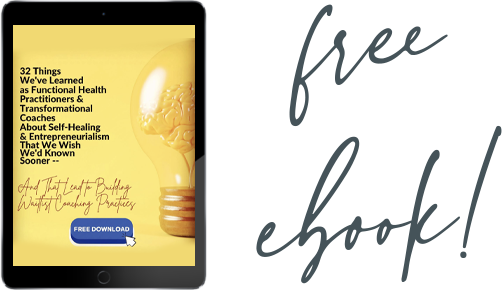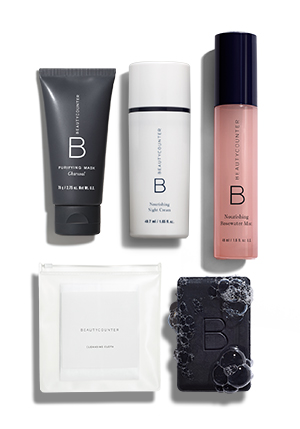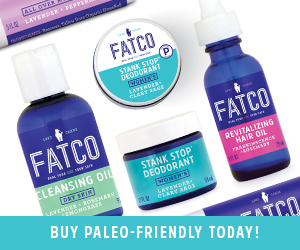25 March, 2022
Supplements You Might Want to Reconsider

Do you take supplements?
Every year we spend something like $35 billion dollars on supplements. So chances are supplements are something you have tried taking or currently take.
Likely thinking that they are making you or keeping you healthy.
But what if this wasn’t the case? What if supplements were actually doing more harm than good? What if much of the billions of dollars we spend on supplements were a waste?
Now I do love supplements. I am grateful that we live in a day and age where we have access to them because in the RIGHT situations with the RIGHT strategies, supplements can be one piece of a healing journey.
Pretty much all clients that come to work with me are taking a handful of supplements or have a supplement graveyard of things they have tried taking in the past. Yet, they are still struggling with their health.
So let’s talk about some facts about supplements and go into a few nutrients I rarely if ever recommend any of my clients take, yet many are without knowing the whole story.
Are your supplements quality?
95% of vitamin supplements are synthetic!
Supplements can sometimes have inflammatory oils or artificial colors that can contribute to inflammation. They can even have heavy metals or pesticide residue in them. Supplements aren’t well regulated so you may find supplements that don’t even contain the amount of nutrients they claim. Supplements labeled as “natural” are only required to contain 10% of the natural form meaning that it can still be 90% synthetic!
There are quality supplements out there, you just have to know what you are looking for. I don’t have one brand I use that I can recommend. I use various products from different companies.
Are you taking the most beneficial form?
Not all forms of a nutrient are created equal. Some forms are well absorbed and others are not. For example folic acid is crap and very poorly absorbed so instead you want to look for folate or methylfolate. Many companies use crappy forms of nutrients because they are CHEAP yet aren’t effective. Vitamin C is another common example. Most supplements contain ascorbic acid which is just a shell versus whole food vitamin C which is the whole molecule.
Are you getting everything you need to actually make that nutrient do its job?
Vitamins and minerals impact vitamins and minerals. Nutrients are NOT meant to work in isolation. Some nutrients don’t work well without the proper co-factors along for the ride. You may not be properly utilizing. Or worse yet you can actually be causing further deficiencies. By taking a vitamin in isolation it can cause your body to use the nutrients it does have to do what it can to use that supplement, contributing to a deficiency in those nutrients.
I see this happen with magnesium a lot on HTMA (Hair Tissue Mineral Analysis) testing. Magnesium being lost instead of kept in the cell because we are low in sodium, potassium, boron and/or vitamin B6.
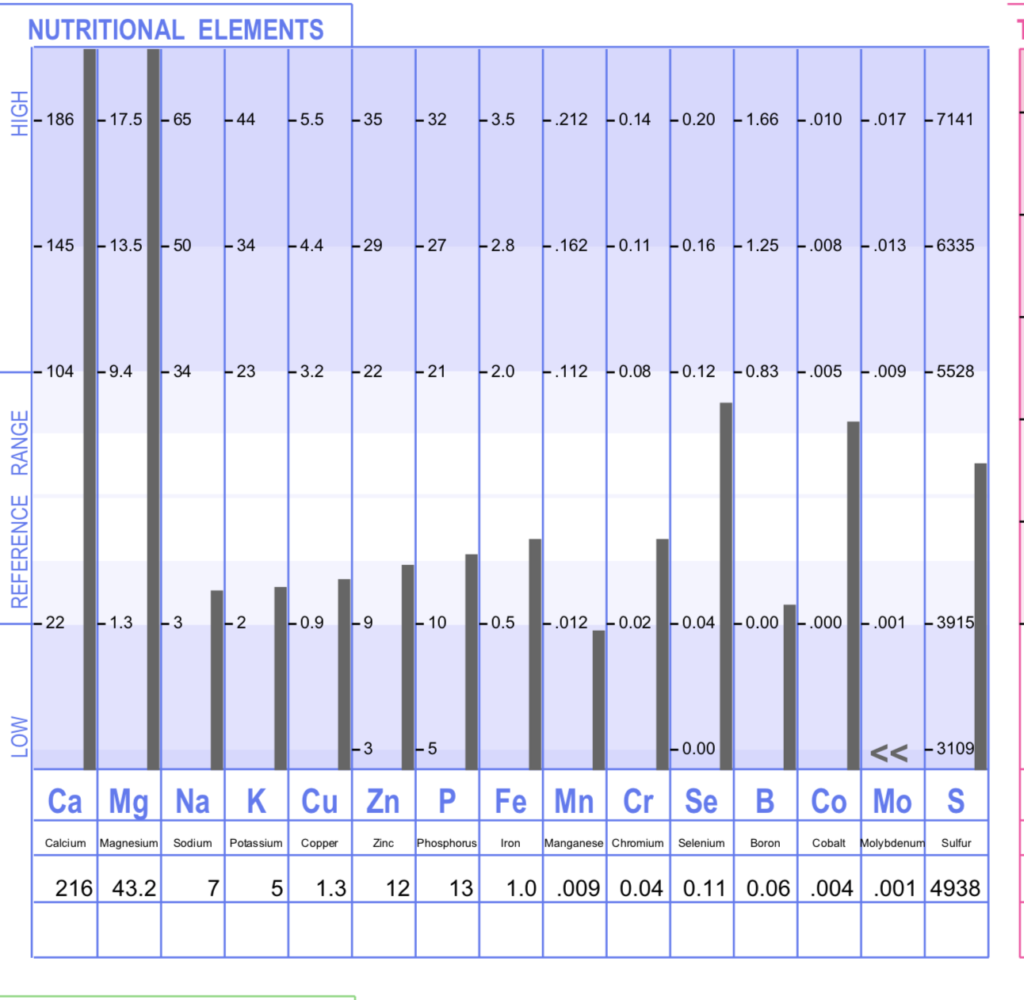
Are you taking the right dose for you?
If you aren’t taking enough of something you might not be getting the full benefit. RDA/RDI are recommended dietary allowance or intake. These are minimal amounts of nutrients recommended by the government. We often think we just need to hit these amounts to be covered. But these levels are only based on preventing certain issues versus optimizing health. For example, the RDA for iodine is only meant to prevent a goiter, not for good health.
Optimal levels are often different and by even as much as 100 times the recommended minimum amount.
Are you taking too much or something you need?
Too much copper can be toxic. It is estimated that as many as 80% of women are copper toxic. I have talked about this topic in detail on my Instagram page but also have this blog post on Copper Toxicity.
Too much vitamin D can cause calcium to go into soft tissues like the heart, joints, or kidneys. Not all excess of nutrients just gets peed out as many believe!
Supplements alone won’t heal you.
You can’t supplement your way out of working on stress reduction or nervous system regulation. You can’t supplement your way to better gut health. Supplements by themselves won’t fix your period. Supplements are just that- a supplements to proper diet and lifestyle.
I get messages on the regular from women that often go something like this, “I’m many months (or years) into working with my functional doc and after spending thousands of dollars on appointments, endless testing, and so many supplements, I feel no closer to a solution than I did when we started.” Or “I’ve had all kinds of testing. I have taken many many supplements throughout the year but I am still struggling.” Can you related?
One doesn’t develop chronic health problems due to supplement or medication deficiencies.
Bottom line is that it is critical to know what you are taking, why, and if it is right for you. How do you know? Well most people won’t. This is why you work with trained professionals that can help guide you, which is one factor I help my clients assess. In my mind any practitioner that is recommending labs and supplements as the biggest strategy for healing is a big red flag.
Supplements can actually lead to ongoing inflammation.
Supplements can even be a source of ongoing inflammation in the gut (and body). Poor quality supplements can contain inflammatory oils, artificial colors, cheap fillers that can contribute to inflammation. It is also possible that the ingredients in even natural or high quality supplements such as herbs can continue to piss off a dysfunctional immune system. If your gut is irritated or inflamed then even the highest quality supplements can still add to the ongoing inflammation. At times the best healing strategies don’t include any supplements in the beginning.
Should you reconsider some supplements?
Let’s talk about a few supplements you might want to actually reconsider. Many of these might surprise you because they are often promoted as critical supplements to take and even many so called functional practitioners recommend them to all their clients.
Remember nutrients don’t work in isolation and nature created foods to contain the right combination of nutrients that work together! So when we supplement we are often isolating nutrients. Just take a look at the mineral wheel below. A deficiency of a mineral or interference with it’s metabolism may be caused by excesses of another.
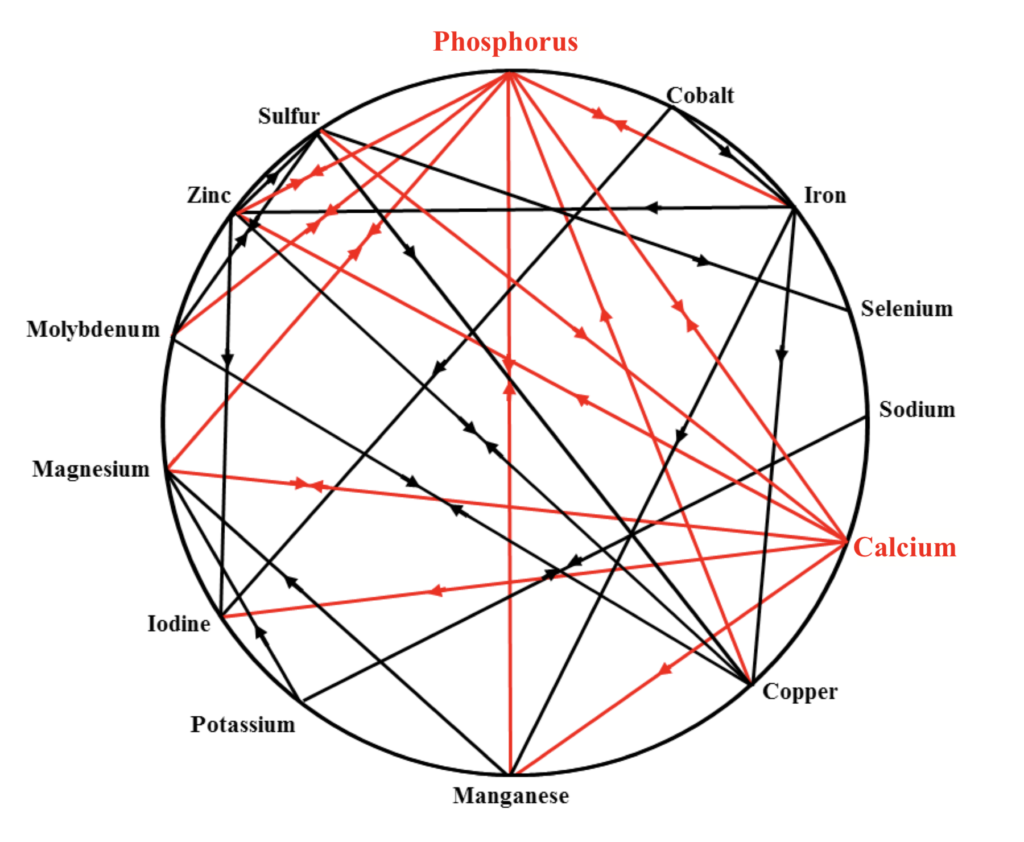
Vitamin D
This is a BIG topic but know this about taking vitamin D. We can make vitamin D from sun exposure (this is the best way to supplement) which is the sulfate form and is water soluble. This form can freely travel in our blood stream.
Supplements are UNsulfated and are NOT water soluble. They require LDL cholesterol to be transported and have limited benefits compared to the sulfate form.
Vitamin D can also increase calcium movement out of the bones and into soft tissue. It inhibits retinal Vitamin A in the liver which inhibits cereluplamin production which can contribute to iron and copper toxicity. Magnesium is also a huge requirement for making vitamin D active in the body in which most are deficient.
If vitamin D is low it is often a symptom rather than a root cause that simply needs to be supplemented. Inflammation is one such factor.
Vitamin D Research:
Vitamin D Screening and Supplementation in Primary Care
Calcium and Vitamin D Supplementation: A Health Disaster for Many People?
Vitamin D Supplements are Immunosuppressive
Zinc
This mineral is HUGE right now due to the fact that it is being promoted for immune system support. But if zinc is used improperly it could just as easily diminish one’s immune response as well as enhance it.
Zinc is not a miracle mineral alone. It must be stabilized by other minerals. Excessive intake of zinc over prolonged periods can produce a deficiency of chromium, copper, iron or manganese.
Supplements like zinc should be approached with caution and often only require a SMALL amount of supplements for a short period of time in combination with its co-factors. I often recommend clients aim to get more bioavailable zinc rich foods into their diet such as oysters, red meat, or possibly even liver.
Related Article: The Complete Guide to Copper Toxicity
Calcium
Commonly promoted for bone health however in most cases blindly taking calcium is actually contributing to more bone issues.
Listen to the Podcast I recorded with Nicole Jardim on the calcium shell HERE.
Multivitamin
I hate multivitamins. There I said it!
I have never seen one multivitamin on the market that I can comfortably recommend to anyone.
Too many people believe that as long as they take their daily multivitamin that they are covered nutritionally. Not so!
Most of these products contain crappy forms of nutrients that aren’t even being absorbed or properly used in the body, contain nutrients that many people are actually toxic in such as copper or iron, contain minimum amounts of nutrients that are keeping people deficient, and so on.
I would also add that most people’s digestive systems aren’t even healthy enough to breakdown and absorb the nutrients (even if they are good) properly. I used to know a nurse that worked in the surgical department that would tell me they would find full size multivitamin supplements in people’s guts all the time. Untouched!
Ascorbic Acid
As I mentioned before, many companies use crappy forms of nutrients because they are CHEAP yet aren’t effective. Vitamin C is another common example. Most supplements contain ascorbic acid which is just a shell versus whole food vitamin C which is the whole molecule.
Most ascorbic acid is produced from GMO corn.
In isolated form, ascorbic acid (AA) is void of vitamin C cofactors and can actually DEPLETE the adrenal glands of Vitamin C, where 90% of all vitamin C in the body is stored (vitamin C is used in the adrenals to produce cortisol).
AA depletes the body of copper and destroys the body’s copper-carrying protein, ceruloplasmin. Losing bioavailable copper to AA creates problems for all areas of health. HERE
Copper is required to regulate iron and use oxygen, so when ascorbic acid depletes copper, it leaves the body very vulnerable to chronic and acute illness.
“High doses of AA has been linked to the formation of kidney stones, and formation of genotoxins (chemicals that damage the genetic formation inside cells and cause mutations).” Thomas et al. 2013 and Lee et al. 2001.
Iron
The diagnosis of iron deficiency anemia is a common one. However, low iron is usually NOT the root of the problem. 95% of iron gets stored in the body and can easily build up and become bio-unavailable. Taking iron supplements not only might not be fixing the problem but it can create new problems or feed current problems.
In this article it states, “Inflammatory chronic diseases are also profoundly influenced by iron status. Increased iron stores are correlated with markers of chronic inflammation and other well-established risk factors of diabetes, obesity, and metabolic syndrome.”
“Those who eat a standard American diet (SAD)—full of iron-fortified foods—for any period of time are likely to end up with excess iron; and the SAD tends to create deficiencies in copper and vitamin A, which are needed to recycle the iron appropriately.”- Weston A. Price
Related Article: Is it Really Anemia? Root Causes of Iron Issues
It is important to have a solid understanding of nutrients and your body so that you can get the most out of any supplements you might be investing your hard earned money on. How nutrients work together, how nutrition and lifestyle impact nutrients, how you are able to improve nutrient absorption? If a nutrient is low one should also be investigating root causes and not just use supplements as bandaids.
When working with my clients we work to help educate on nutrients and investigate not only what might be beneficial supplement wise but also work to look at why nutrients are out of balance in the first place.




